1. Get Enough Calories
Now that you are injured, it is not the number of calories but the quality of them that will be important. You need to focus on high-quality calories, those that provide vitamins and minerals along with energy-for fuel that both fills you up and heals you. That means food with fiber, protein, and colorful phytonutrients.
2. Manage Inflammation
Whether it's a sprain, strain, tear or tendonitis - reducing inflammation becomes your primary goal, says Anna Turner, RD, CSSD, nutritionist at St. Vincent Sports Performance in Indianapolis, IN.
But when your body is in a prolonged state of inflammation - for example, following a serious injury - your immune system is on high alert, which can not only hinder healing progress, but also lead to more swelling and damage.
Fruits, vegetables and healthy fats like chia and flax seeds help reduce inflammation in the body.
Also, decreasing the number of pro-inflammatory foods is super important. Refined sugars, oils, processed meats and high-fat foods should be avoided.
3. Increase Your Protein Intake
Protein is essential in the process of rebuilding damaged muscle fibers after a workout. Also note that the more muscle an athlete loses during this period of limited activity, the longer it will take them to return to 100%.
In addition to building and repairing muscle,protein helps build and repair collagen, and keep your immune system healthy.
A 2015 study analyzed in Sports Medicine reports that even higher protein intake - around 2 to 2.5 g / kg / day - can help minimize muscle loss during immobilization. That's a ton of protein for most of us, and the researchers add that, at a minimum, you shouldn't drop below your protein levels for the gym. So aim for 20 to 30 grams of protein with each meal and snack to maximize muscle healing. Plant proteins are the most ideal - organic soybeans, hemp seeds, chia seeds, beans and legumes, quinoa - as well as fish.
Näak provides a selection of high-quality, sustainable protein powders to help you optimize your recovery and come back stronger than before.
4. Favour Quality Foods
In order to help your recovery, you are going to have to adopt a healthy and complete diet, if you are not already. Cut down on processed foods and focus on whole foods. You should not limit your carbohydrates but you can opt for whole grains rather than white flour for example. Fill up on fruits and vegetables. And focus on good sources of fat, including nuts and seeds, avocado, olive oil, and oily fish like salmon or tuna that contain high amounts of omega-3 fatty acids.
5. Hydrate
It’s easy to forget hydration when your body is not practicing. Water is involved in all the processes that take place in your body so it is important to make sure that you are getting enough water as this will help transport more nutrients throughout the body which is essential for healing. Focus on the water, not sports drinks, as you won't need to replenish as much glycogen or electrolytes during your healing time.

Of course, each body reacts differently to an injury, so pay attention to your body and do not force yourself to adopt a diet if it seems inappropriate. All you have to do is eat healthy, rest and apply our advice as much as you can. Meanwhile, if you would like to learn more about our nutritional advice, click here.


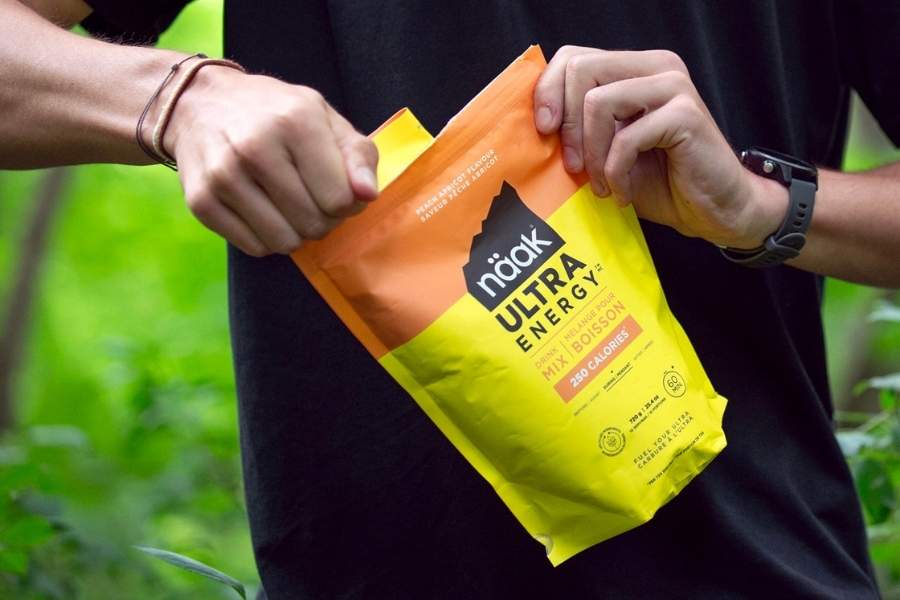
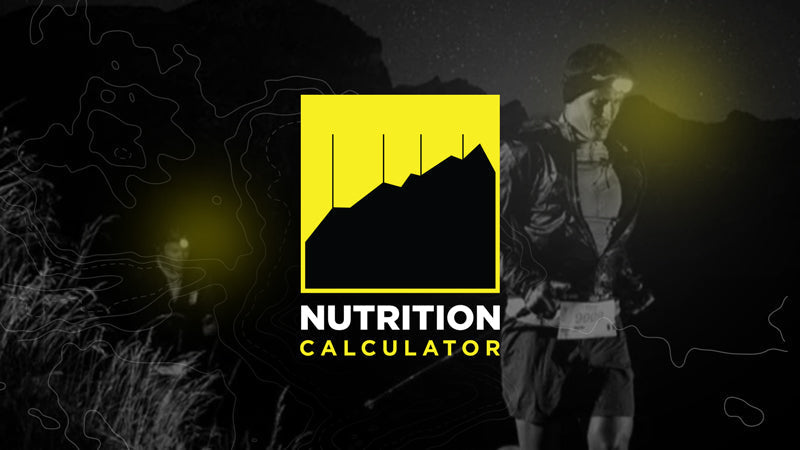
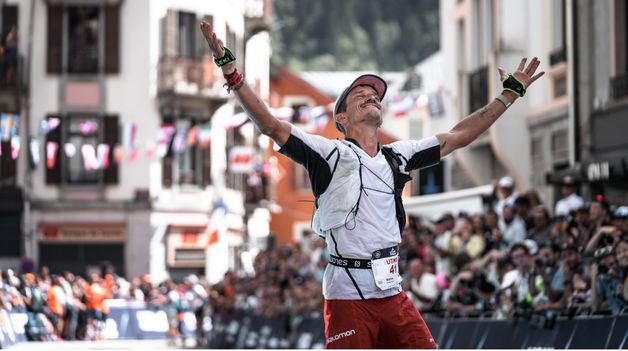




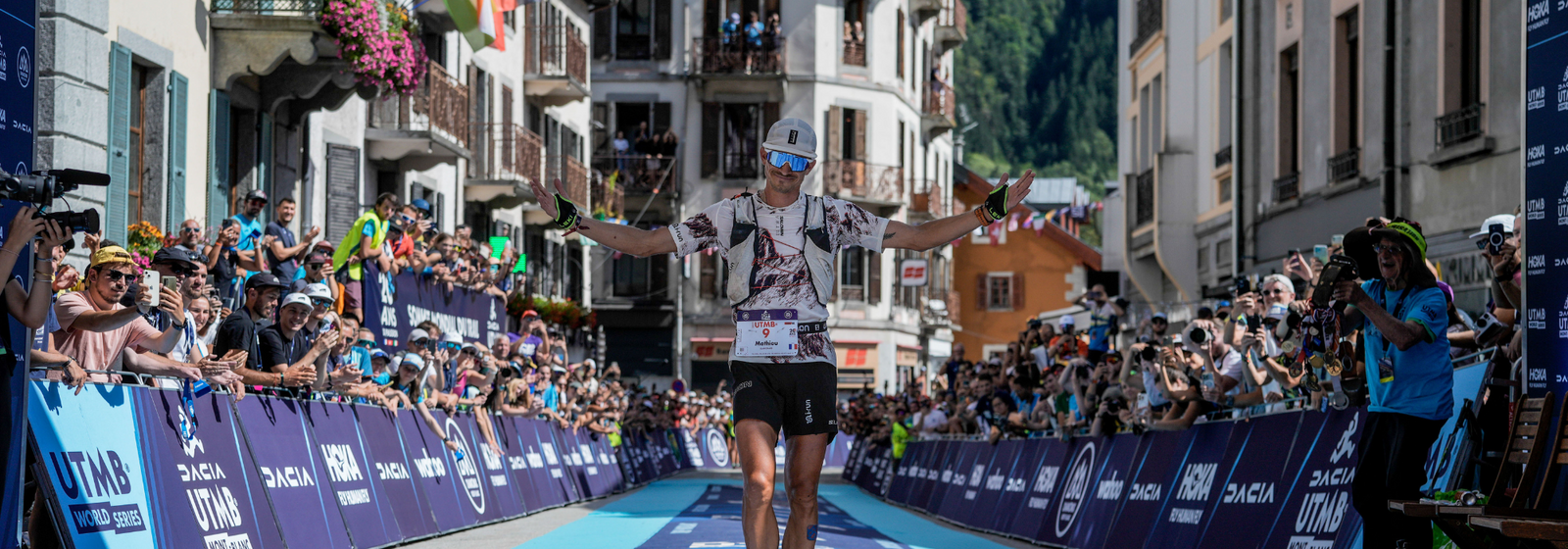




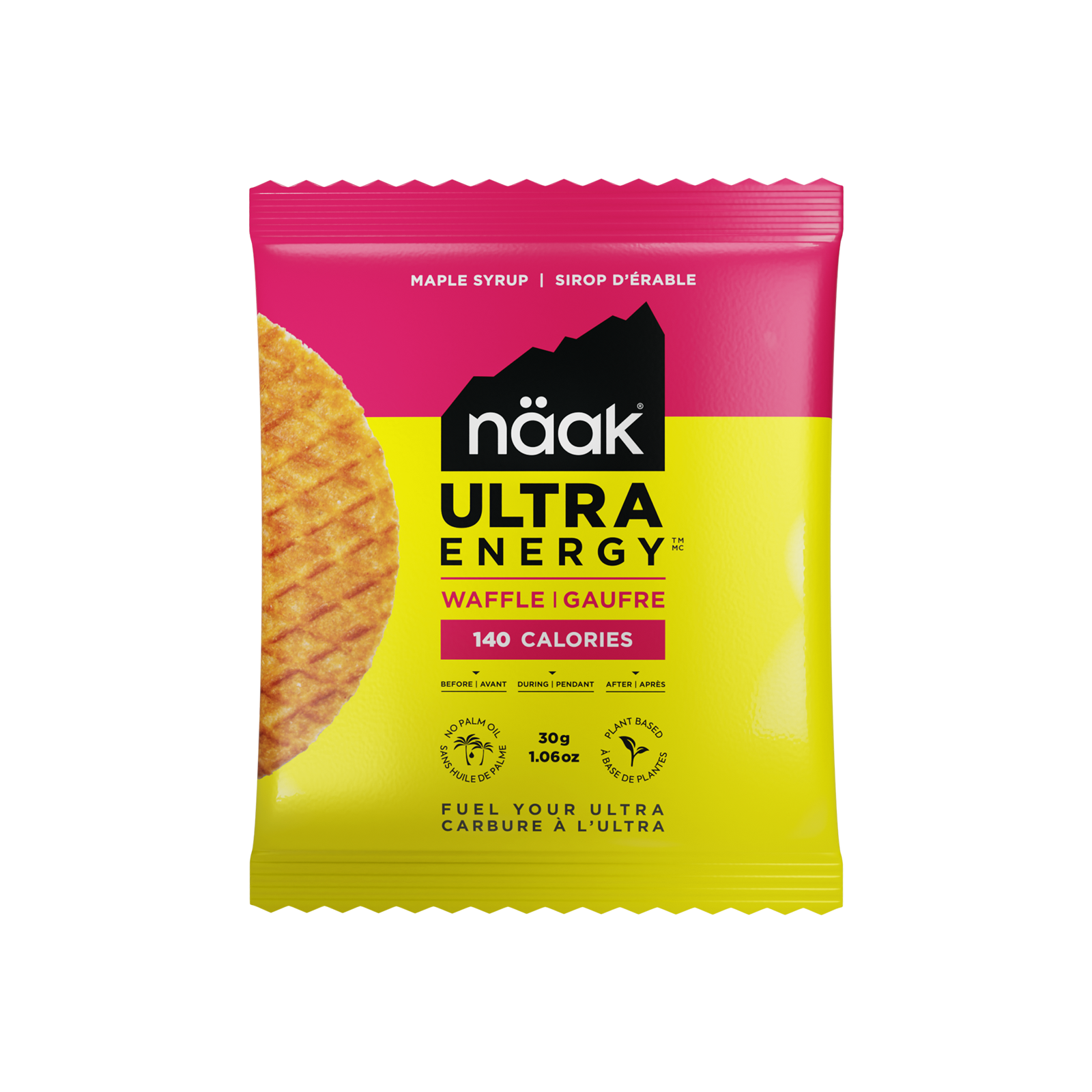
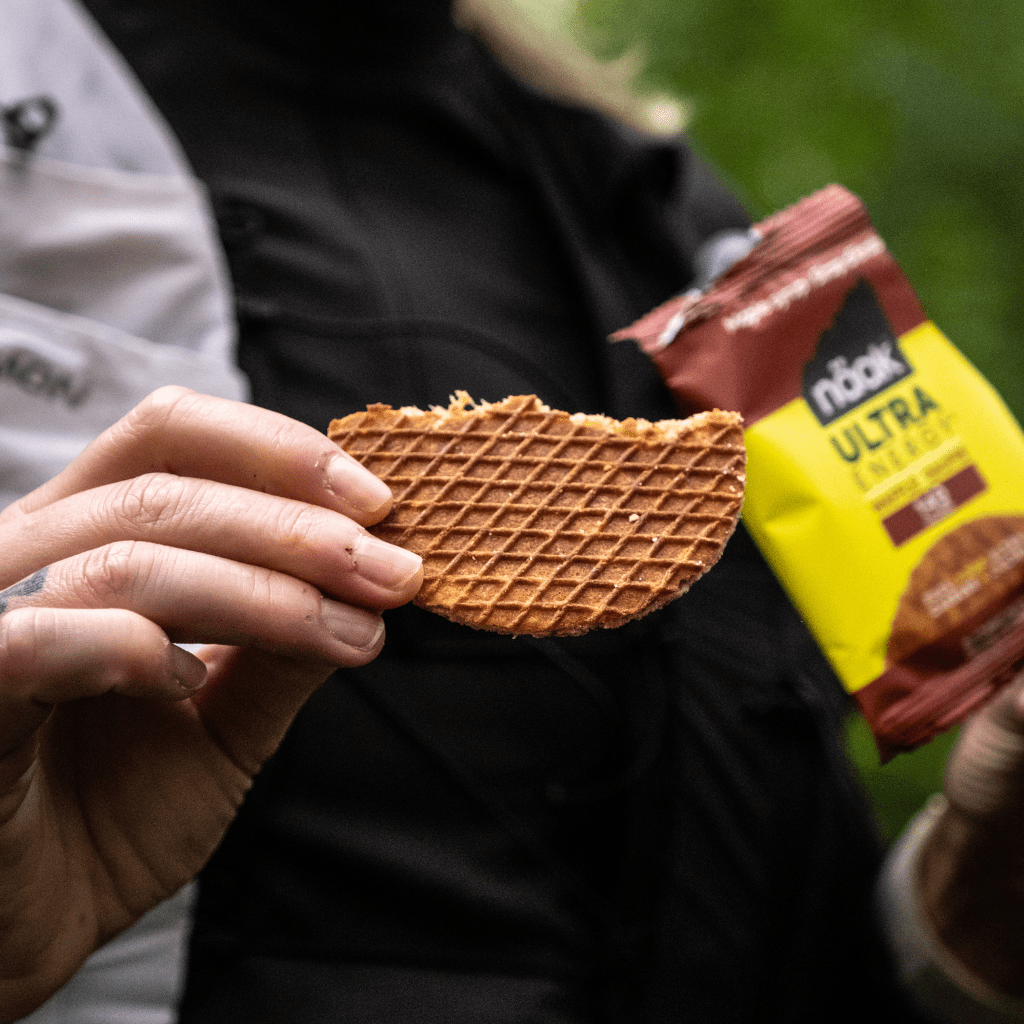
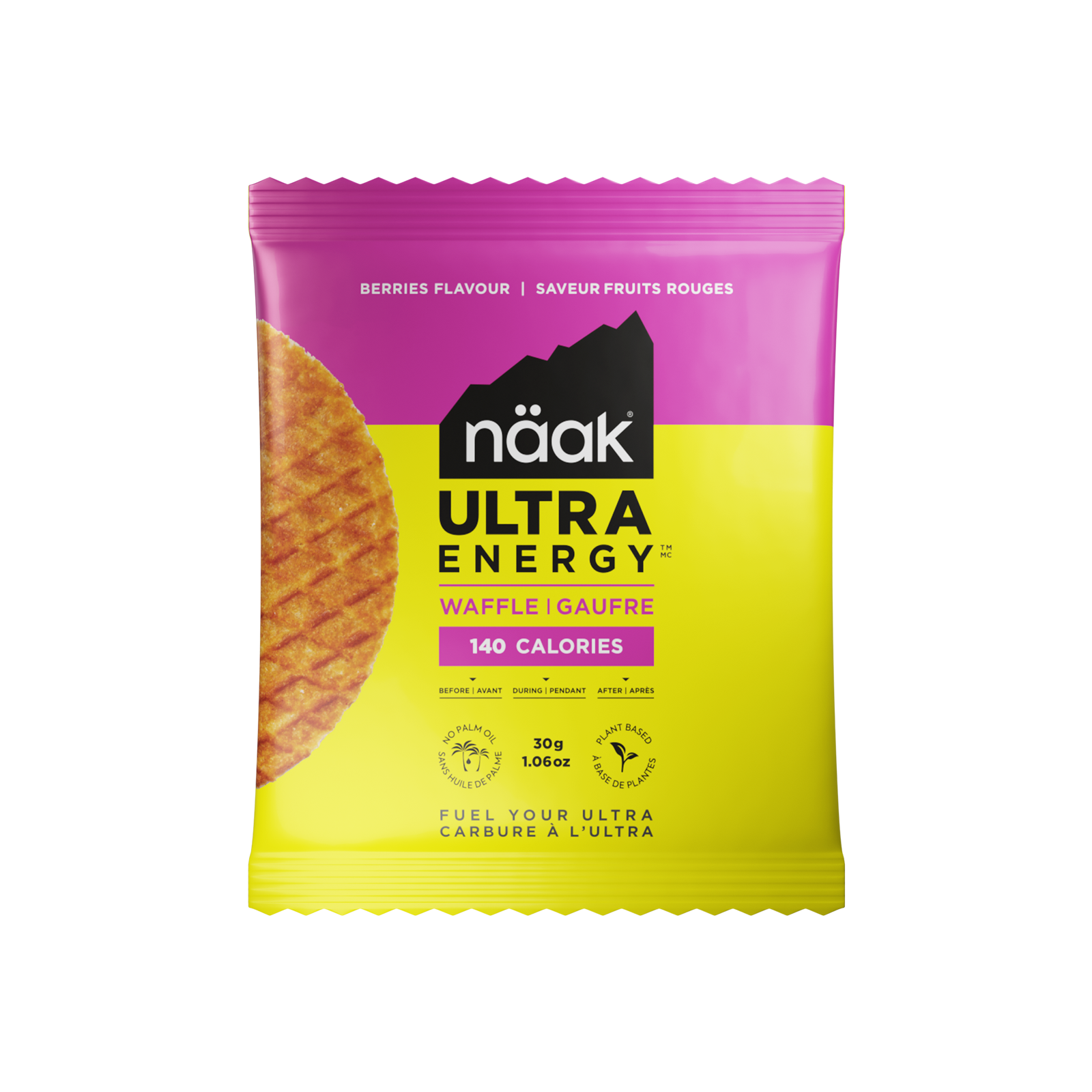


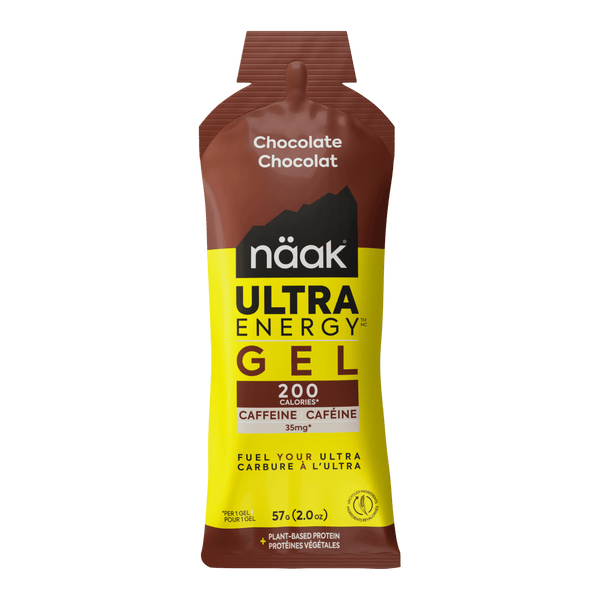
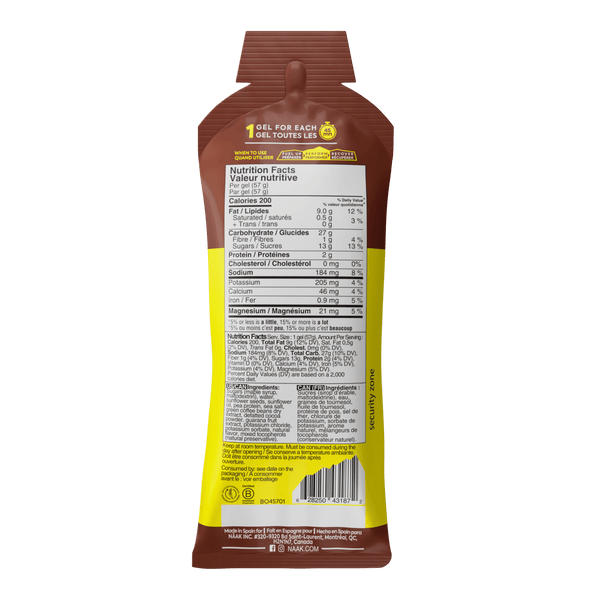
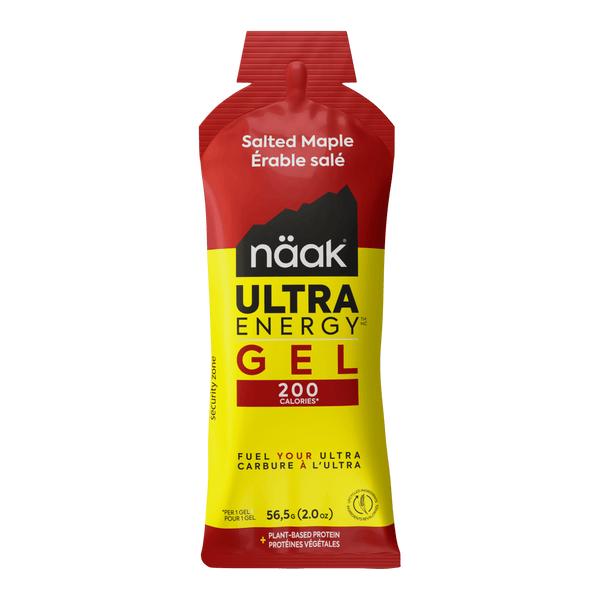
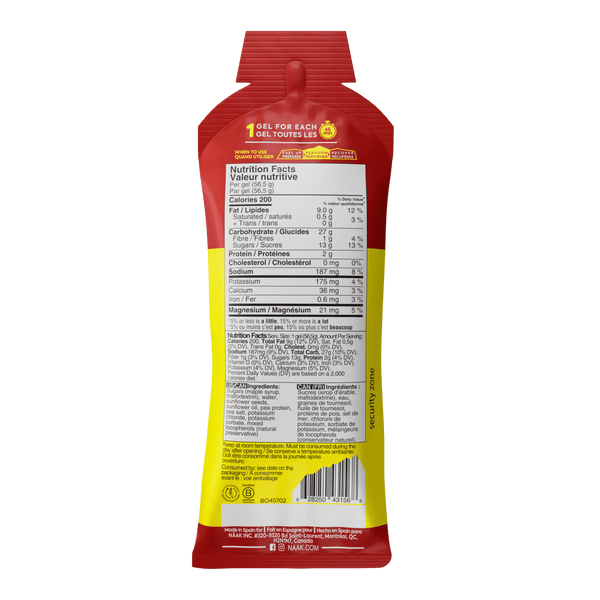
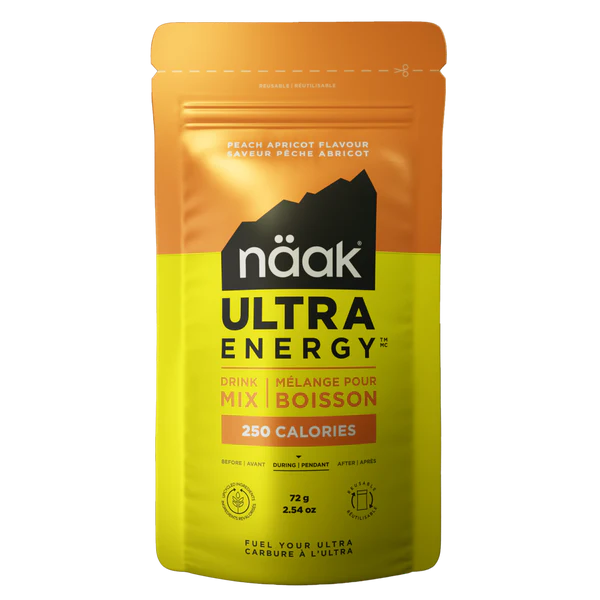
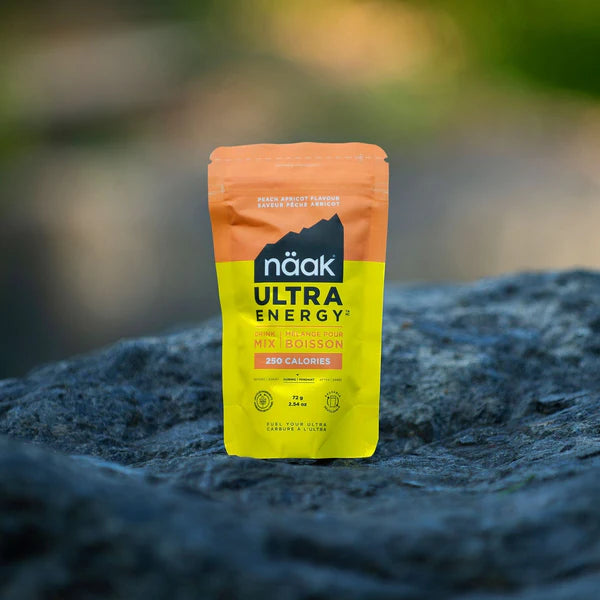


Leave a comment (all fields required)